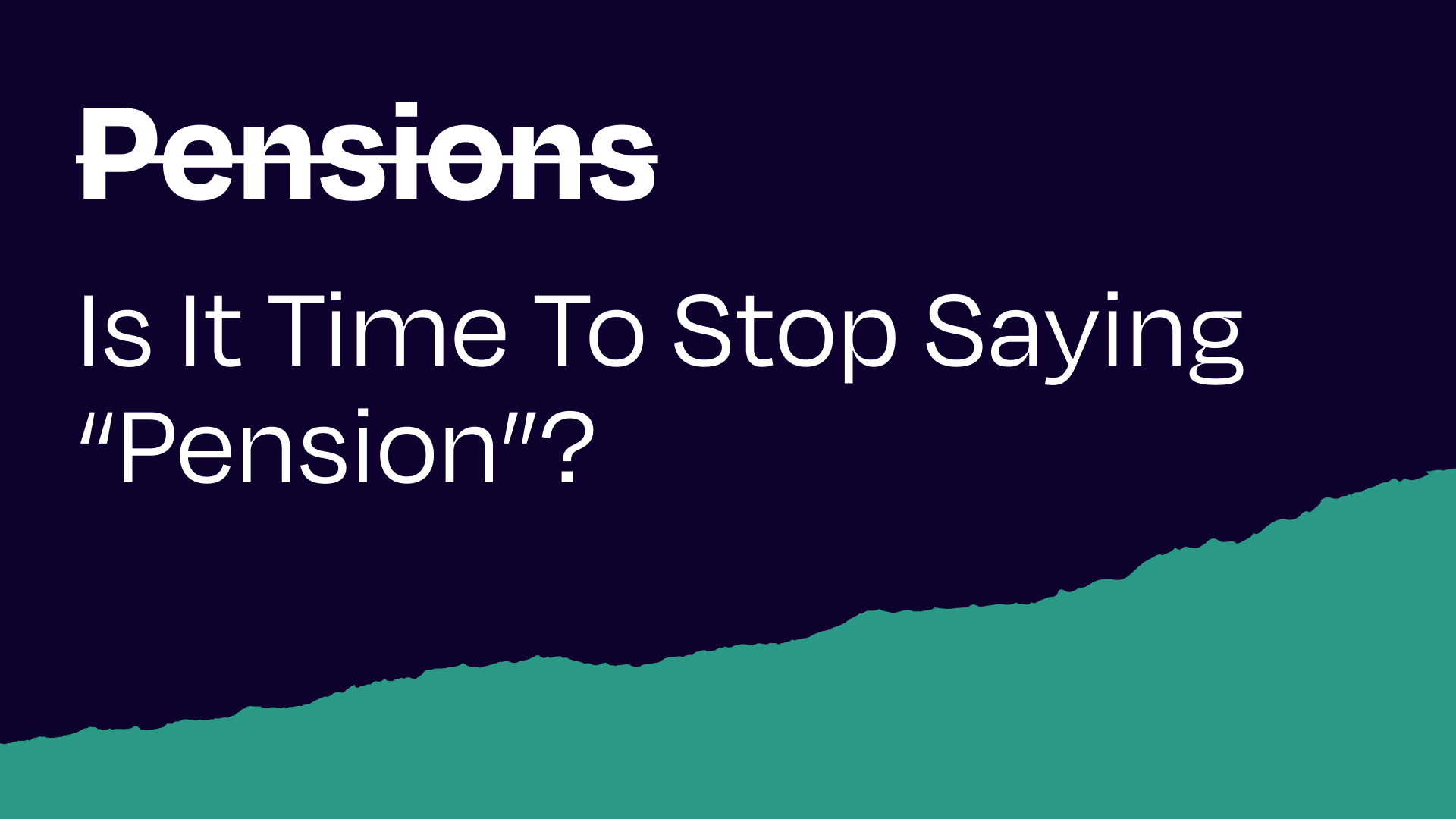This article is part of a series called Rethinking Rewards. We’re inviting experts to question the assumptions behind some of the most common workplace perks. We’re asking, how can we reimagine rewards so they truly improve wellbeing for all? First up: pensions!
Confusion, mistrust, boredom… there are lots of negative connotations with the word “pension”.
Some people associate it with scandals, or they fear their money will be locked up until age 70.
Others feel overwhelmed and anxious: they don’t understand pensions, or they worry they haven’t saved enough for retirement.
So, is there a better way to talk about saving for your future?
Two-fifths of people think we should retire the word “pension”, according to a poll by Octopus MoneyCoach.
Shah Abbasi, head of coaching at Octopus MoneyCoach, thinks changing the name would help engage young people, who often switch off when they hear it. “However, the real key is education. Reframing the conversation with employees to talk about goals and aspirations is important too.”
According to Abbasi, the fear of pensions being “stolen” is still very real, and it frequently comes up in coaching sessions. He also thinks employees get the state pension and their workplace pension mixed up. They naturally get concerned when they see negative headlines about state pensions being under threat, and the state pension age forecast to hit 70.
Ros Altmann, the former pensions minister, believes we should drop the word “pension” from workplace schemes, and just use the word to refer to the state payout.
She is calling for a rebranding competition. “In Australia, they have the very positive name ‘super’ for their pensions; short for superannuation, but it does have positive connotations when shortened.” Altmann suggests rebranding UK personal and workplace pensions to a name that has meaning and resonance, such as LifeSavings, LifeSave, LaterFund or LaterMoney.
Heidi Allan, head of financial wellbeing at the consultant Lane Clark & Peacock, also supports the idea of giving the word pension a makeover. “There’s a dichotomy between ages – for someone who’s planning for retirement, the word pension can be reassuring because of the security it can provide. On the flipside, when we use the word with younger workers, the concept of a pension is difficult to understand. It’s too far away, and there are so many unknowns. There’s an element of mystery about when they’ll be able to stop work, and what their retirement will look like.”
Allan suggests focusing on savings for today, savings for tomorrow, and saving for the future. “This is a lot more engaging. We all have saving needs throughout our life. We need to focus on all of them to make us financially fit and financially capable. Keep it simple: don’t complicate things and come up with new terminology that people don’t understand and could make them anxious.”
Not everyone agrees though. Michelle Cracknell, the former head of the Pensions Advisory Service, argues that the word “pension” tests well in research and that it is recognised and understood. “I do not think the industry should be distracted by coming up with a rename, but instead focus on helping people with their pensions in this new defined contribution world.”
Financial education and retirement planning
We asked Amanda Hall, head of customer engagement and financial wellbeing, at Smart Pension when education about pensions and retirement should start.
